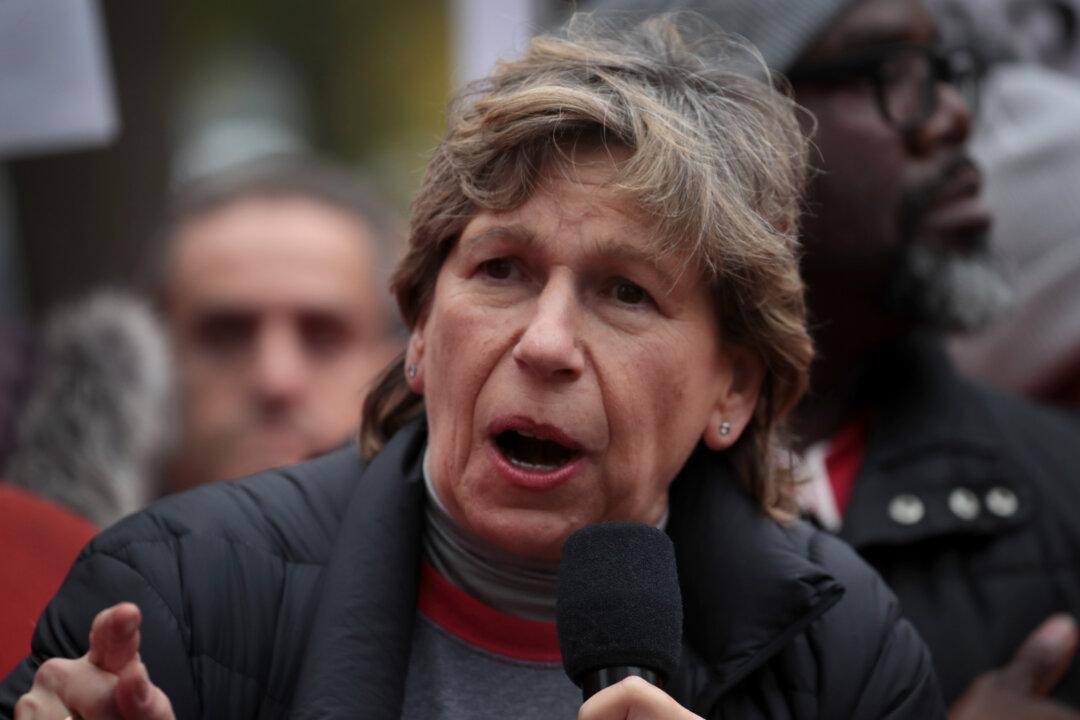Randi Weingarten, the head of one of America’s largest teachers labor unions, says that there is “no perfect solution” for safely reopening schools for in-person teaching amid the CCP virus pandemic.
“There’s no perfect solution, but frankly I think New York City has done a pretty good job in terms of showing the way,” said Weingarten, president of the American Federation of Teachers, which represents some 1.7 million teachers, including 1 million for pre-K–12.





